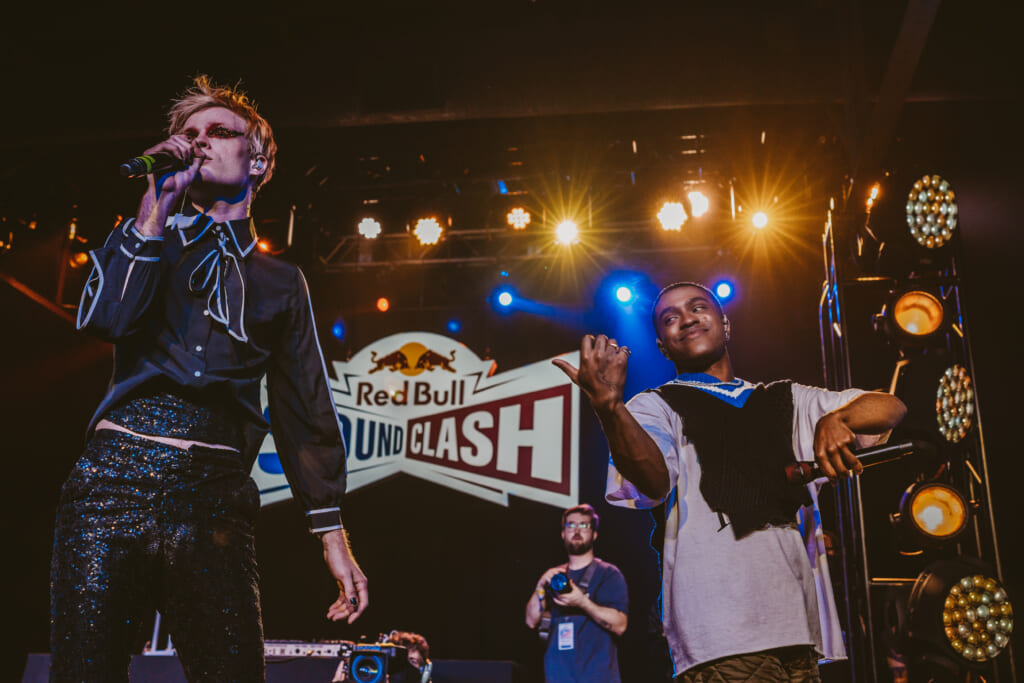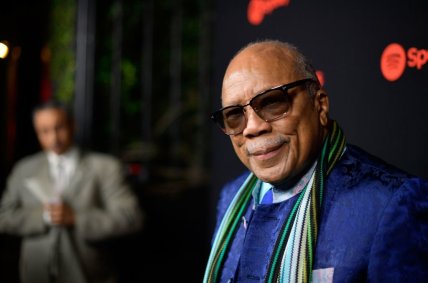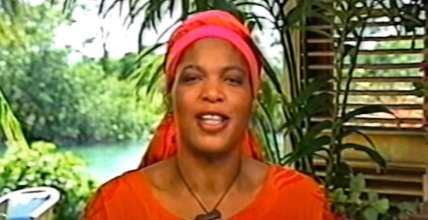Sound Clash to ‘Verzuz’: the history of how Caribbean music competition influenced Black American music culture
OPINION: Originating from Jamaica, the sound clash was an inspiring agent of hip-hop, breeding a culture of competition in contemporary Black music that still resonates today.
On a brisk evening in East Nashville, Tenn., many have gathered for a back-and-forth battle of music progressives.
The Red Bull SoundClash has traveled to its fourth city pitting the contemporary R&B stylings of Bren Joy against the Avant pop of Jake Welsey Rogers. In four rounds, the two singers fought for audience applause and screams as they took turns covering the same song, finishing each other’s tracks and performing their originals back-to-back.
Joy, an adventurous songwriter with a keening but smooth voice, reveled in the moment in front of a venue full of fans and music lovers. The towering heights and flamboyant strutting from Rogers only heightened Joy’s performance as the audience held the fate of the winner with the depth of their applause.

This climatic showdown resembles another popular music competition; Verzuz. Starting off as an online beat battle between Swizz Beatz and Timbaland, it evolved into an in-person live event that features artists going hit-for-hit against each other.
Perhaps, it was fate that the first in-person Verzuz battle took place in Kingston, Jamaica, with dancehall legends Beenie Man and Bounty Killer. Garnering an apex of over 500,000 concurrent viewers, the Memorial Day battle was dubbed, the “Soundclash Edition,” as the two sang and danced into the night.
The sound clash originates from Caribbean culture, but its roots are also grossly entangled with the birth of hip-hop in America.
In Kingston, local crews or “sound systems” (a collection consisting of a DJ, MC and an engineer) would engage in battles going back to the 1950s. During that time, Duke Reid’s the Trojan and Tom the Great Sebastian started things off when they went toe-to-toe. With the selector choosing the songs for each crew, the rivals tried to show whose sound system was the loudest and whose performance was the most entertaining.

10 best Black music producers ever
Dancehalls and street parties were some of the only ways Jamaicans could hear new music, since buying new records was an expensive investment. Inevitably, the crews with the biggest, loudest portable systems could control the community and music trends.
The battles got bigger as the speakers grew higher, the bass kicked lower and the crowds grew larger. As the crews went back and forth blowing each other away, crowds would get rowdy, starting mosh-pits. This underground culture brought out the best in DJs, selectors and budding artists.
That culture paved the way for the creation of what we know as dancehall and ska. The sound clash made its way to the United Kingdom, but it had its most fierce impact on the United States with so many Caribbean immigrants finding homes in New York City. One of those people was Jamaican-born Clive Campbell, later to be known as DJ Kool Herc.
Kool Herc is known to be the man who started American hip-hop in the Bronx. Not only did his after-school parties and skills on the turntables make him the ultimate Selector in the Bronx, but his sound system, The Hercoulous, got the snowball rolling within the community.
From there, hip-hop godfathers like Grandmaster Caz and Afrika Bambaataa would battle each other with their sound systems. Sooner or later, dance crews were battling each other, and MCs were going head-to-head in nightclubs, all before the first rap record hit the American radio stations.
When Kool Moe Dee and Busy Bee had their historic rap battle in 1981, modern hip-hop as we know it to be now was born. The sound system evolved into the rap group/crew, consisting of a DJ and one or more MCs. Sometimes groups would even feature dancers, like Whodini — two MCs, a DJ and their dance crew, UTFO. All thanks to sound clash culture.
What breeds progression in Black music? Creativity, confidence and competition. It’s the reason Michael Jackson once said: “If I’m not there to receive these ideas, God might give them to Prince.’”
It’s the reason Jaheim openly challenged Usher to a Verzuz battle in January. Steel sharpens steel. Competition keeps artists on their toes.
When it comes to hip-hop and contemporary R&B, the Jamaican sound clash helped to initiate a tradition that has led to some of the greatest moments in music culture for nearly 50 years.
Have you subscribed to theGrio podcasts, Dear Culture or Acting Up? Download our newest episodes now!
TheGrio is now on Apple TV, Amazon Fire, and Roku. Download theGrio today!
More About:Black History Month











